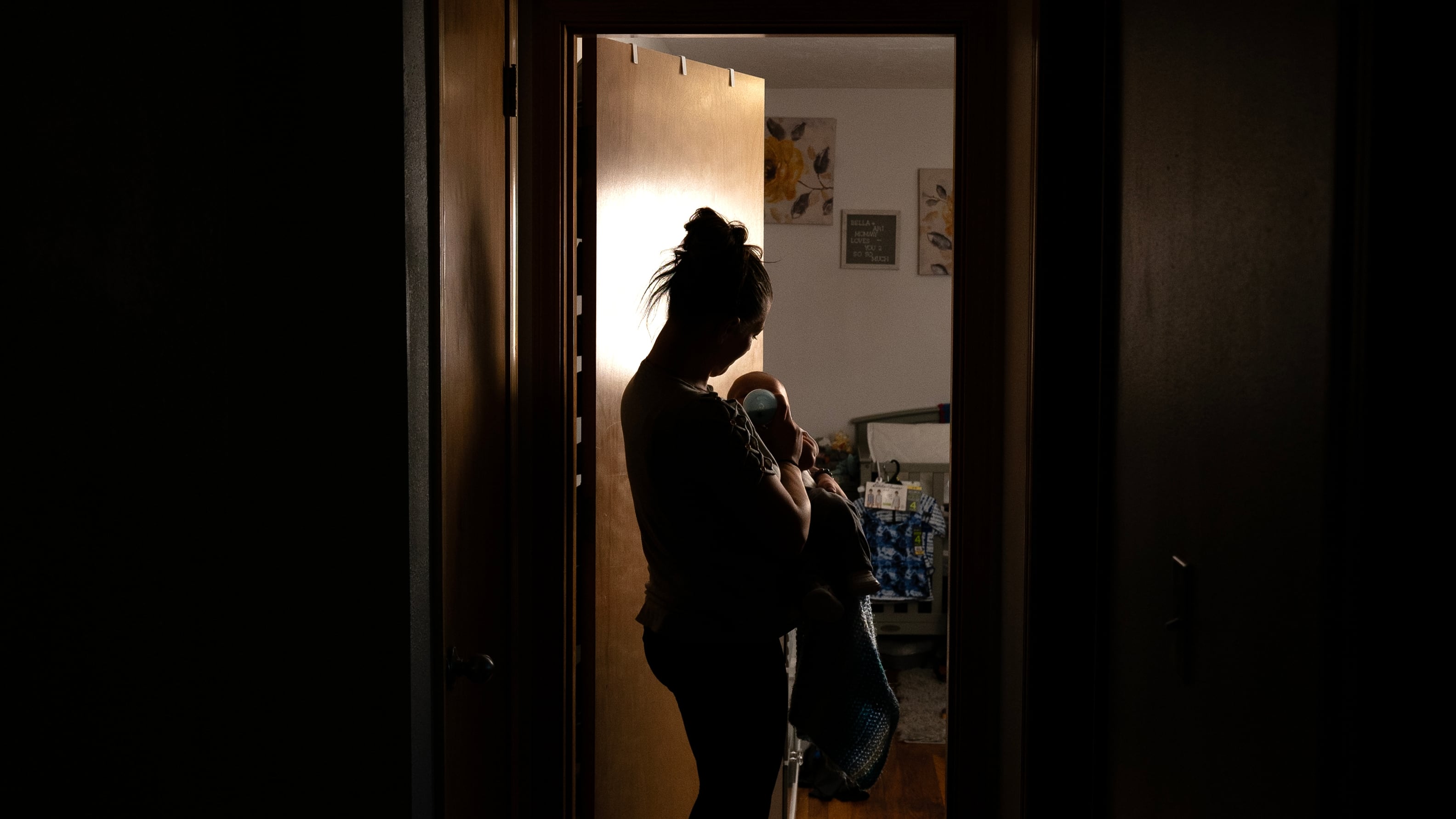The words “success story” and “Measure 110″ are not typically linked in the popular imagination. Last week, WW’s cover story went inside a Hazelwood home that’s a haven for moms coming out of addiction (”A Way Out,” Sept. 27). Recovery housing is a big need in Oregon, which is why Multnomah County commissioners cited our story while earmarking $6.5 million for it late last week. But for many readers, the most arresting part of the story was that the recovery housing got financing from the beleaguered drug decriminalization initiative. Here’s what our readers had to say:
Wiser, via wweek.com: “Finally, a story from the WW which includes positive information about Measure 110. Thank you for writing it. The funds that are getting out into the community are making a real difference in people’s lives. To roll back the measure would leave us with a worsening opioid crisis, but with fewer services like the one described in this story. In other words, it would be a complete disaster.”
Damon Motz-Storey, via Twitter: “The fentanyl crisis is horrifying, there is no doubt about it. But Oregon’s Measure 110 is making it possible for more and more people to find stable ground for recovery, like these moms who found a home.”
7 Bad Words, via wweek.com: “Nice story, happy for the moms. The M110 advocates are pulling out all the stops. The only thing missing is some sad Sara McLachlan music playing in the background...
“This would be an available option even without M110. We didn’t have to decriminalize toxic narcotics and provide addicts supplies in order to fund treatment. We already know that less than 1% of those issued citations choose voluntary treatment. We’re wasting billions of dollars, years of time and thousands of lives.
“Repeal M110. Let Tera Hurst find another gig. Use the billions being wasted on incompetent, grifting nonprofits to accelerate development of treatment centers. Expand and train law enforcement. Make treatment mandatory.”
ifreaganplayeddisco, via Reddit: “I really wish these kind of things would have been firmly established before we decriminalized. We did it backwards.”
No Plan is an Island
Willamette Riverkeeper deserves kudos for their broader vision for the future of Ross Island.
Aaron Mesh’s two pieces shine a light on the plight of one of the region’s iconic natural landscapes [”Hotseat: Willie Levenson,” Aug. 23; “Island Getaway,” Sept. 27]. Neither, however, mentions the culpability of every state, federal and local agency to hold Ross Island accountable for its restoration work. For example, the 1979 restoration plan had no restoration end date.
A 2001 advisory committee I participated on dramatically altered the 1979 plan, including establishment of a 2013 restoration end date. Owing to agency inaction, there is still no certainty when restoration will be accomplished.
As Willamette Riverkeeper points out, there must be a holistic, ecologically based plan for Ross Island’s future.
The algal blooms are only one factor to be considered. Human Access Project’s myopic, overly simplistic “solution” of blowing out the berm between Ross Island and Hardtack Island will solve neither the algal bloom problem nor provide an ecologically sustainable future for Ross Island.
I am heartened that Metro is considering acquisition. But I also think Willamette Riverkeeper’s willingness to consider ownership is admirable. Perhaps a joint public-private partnership would be the most effective solution.
Mike Houck
Director Emeritus and Founder
Urban Greenspaces Institute
CORRECTIONS
A Murmur in the Sept. 27 issue incorrectly identified a man suing Popeyes for placing pickles on his chicken sandwich as a Portland resident. In fact, he is a Connecticut long-haul trucker who purchased a meal in Portland.
A Sept. 27 story on Ross Island (“Island Getaway”) incorrectly said the Port of Portland owns the island’s northern tip. The port donated the land to Portland Parks & Recreation in 2015.
WW regrets the errors.
LETTERS to the editor must include the author’s street address and phone number for verification. Letters must be 250 or fewer words. Submit to: P.O. Box 10770, Portland, OR 97296 Email: mzusman@wweek.com

